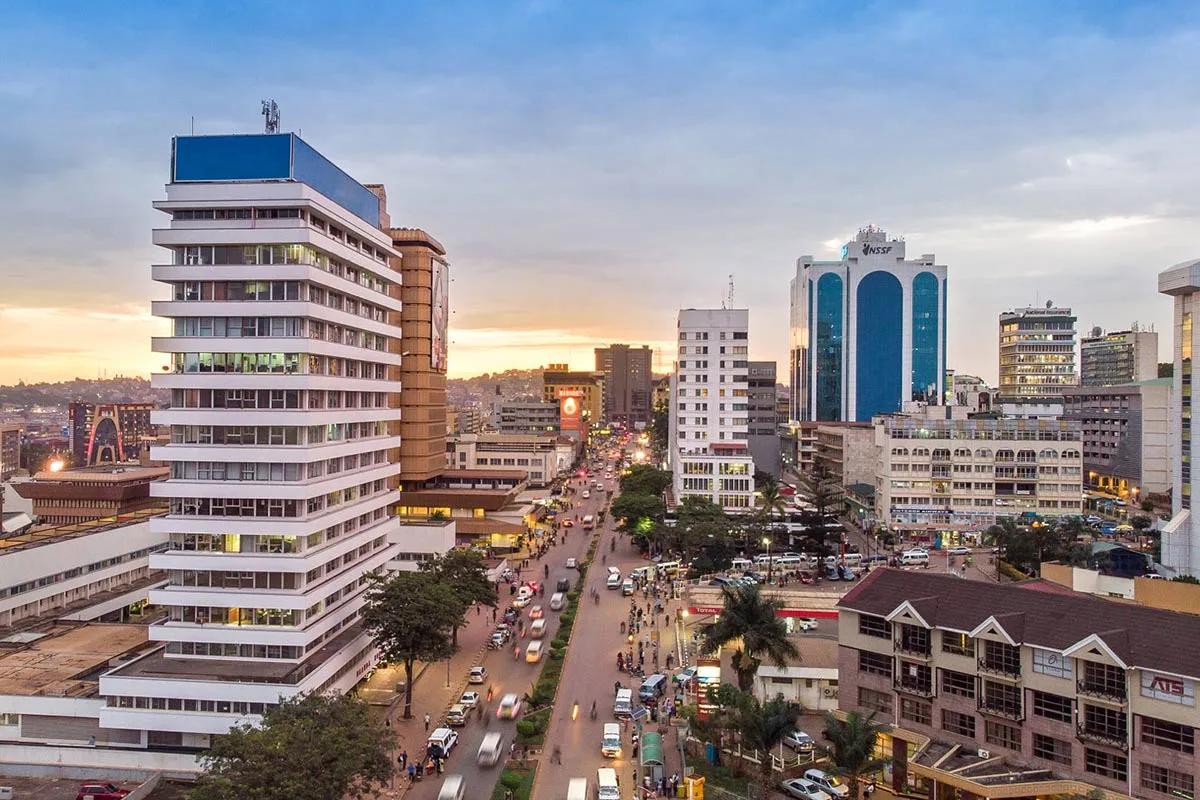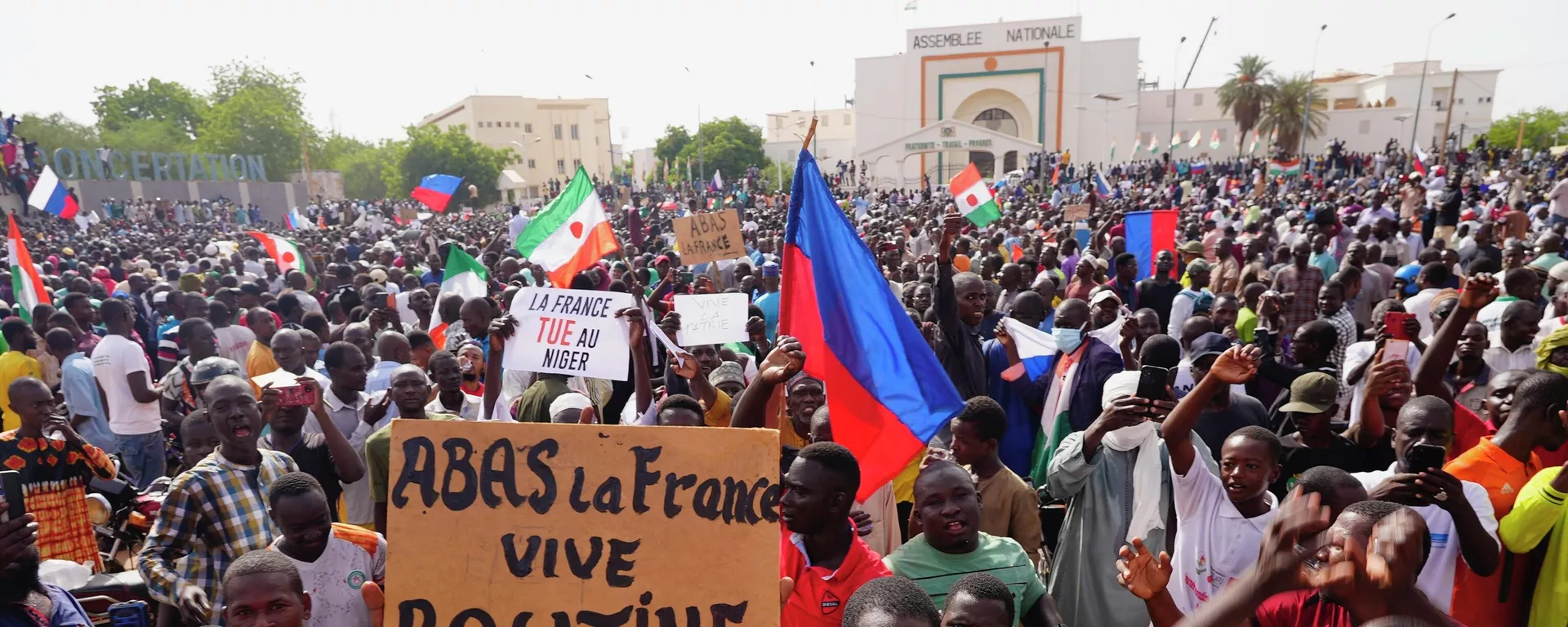Uganda’s High Court has ordered the renaming of streets, roads, and landmarks in the nation’s capital city Kampala that honor British colonial figures, marking a significant step in the country’s ongoing decolonization efforts.
Justice Musa Ssekaana ruled that Kampala Capital City Authority (KCCA) must take measures to rename these public spaces, ensuring that the new names reflect Ugandan culture, heritage, and values. This ruling is the culmination of a years-long campaign sparked by a 2020 petition calling for the removal of street names linked to colonial figures such as Sir Henry Colville and Frederick Lugard, whose actions during British rule in Uganda are associated with atrocities including violence and exploitation. The petition, supported by over 5,800 Ugandans, argued that these names dishonor the country’s history of struggle for independence.
The ruling comes 62 years after Uganda gained independence from Britain, with the court emphasizing the need to replace these names with those that reflect the country’s post-independence transformation. Campaigners, including human rights lawyer Apollo Makubuya, celebrated the decision, calling it an important step in recognizing Uganda’s dignity and moving away from the oppressive legacy of colonialism. However, some critics, like human rights lawyer Nicholas Opiyo, argue that leaving the names intact serves as a reminder of Uganda’s colonial past, suggesting that removing them risks erasing history.
Despite the debate, the court’s ruling is seen as a pivotal moment in Uganda’s journey to break free from colonial legacies. The ruling also follows a similar trend in other countries across the African continent. For example, last October, Niger renamed streets and squares in its capital, Niamey, replacing French colonial-era names with those honoring prominent African figures. The move includes renaming a boulevard, originally carrying the name of former French President Charles De Gaulle, after independence hero Djibo Bakary and removing colonial symbols, such as a portrait of French commander Parfait-Louis Monteil, to reflect the nation’s historical struggles.



